ILO's work on cooperatives in Africa
-
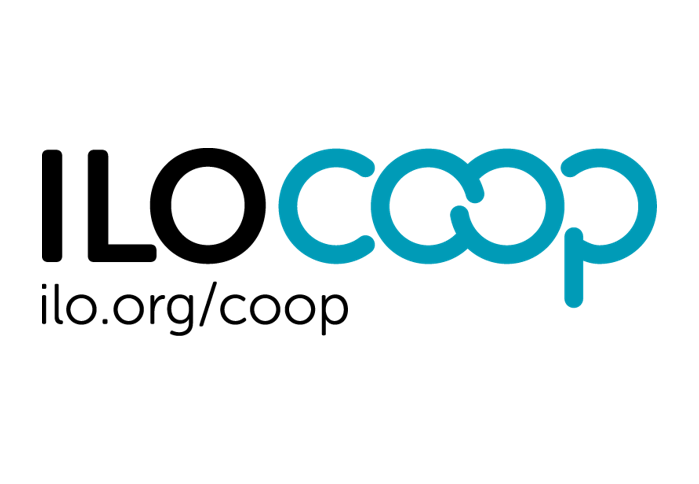
Event
9th ILO/JCCU African Cooperative Leaders' Study Tour in Japan
-
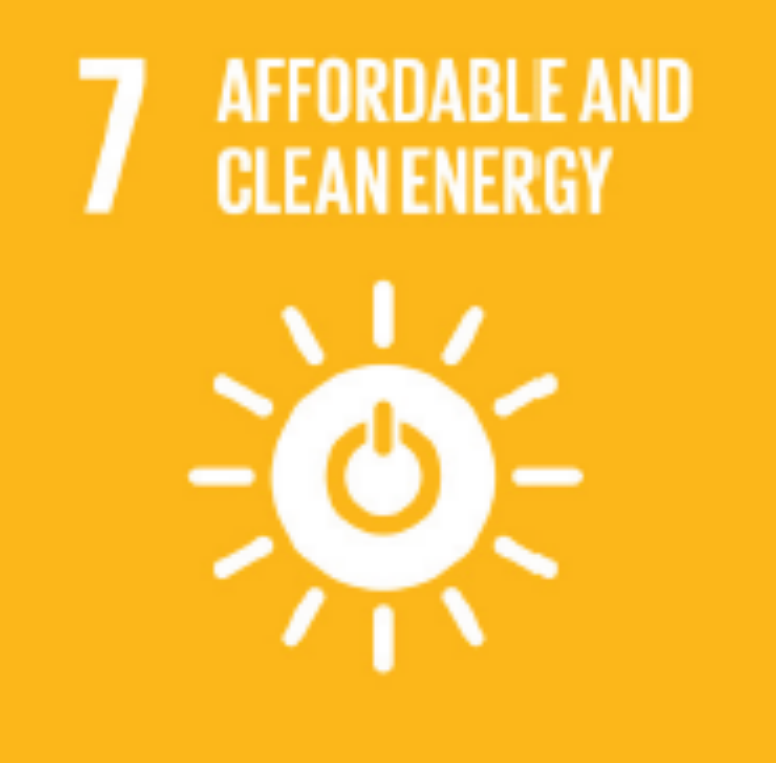
Publication
Transforming our world: A cooperative 2030 Cooperative contributions to SDG 7
27 June 2018
This brief is part of the Transforming our world: A cooperative 2030 series produced by the Committee for the Promotion and Advancement of Cooperatives (COPAC). Through a series of 17 briefs, one for each Sustainable Development Goal (SDG), COPAC hopes to raise awareness about the significant contributions of cooperative enterprises towards achieving the 2030 Agenda in a sustainable, inclusive and responsible way, and encourage continued support for their efforts. This brief focuses on SDG 7 – ensuring access to affordable, reliable, sustainable and modern energy for all.
-
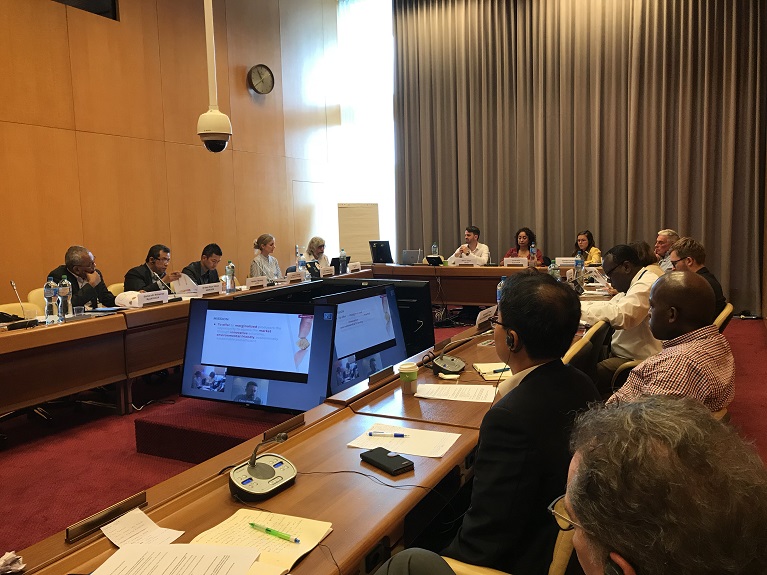
News
ILO organizes a meeting on cooperative to cooperative trade and decent work
20 June 2018
ILO brings together the cooperative movement and fairer and ethical trade initiatives to promote responsible production and consumption though cooperative to cooperative trade.
-
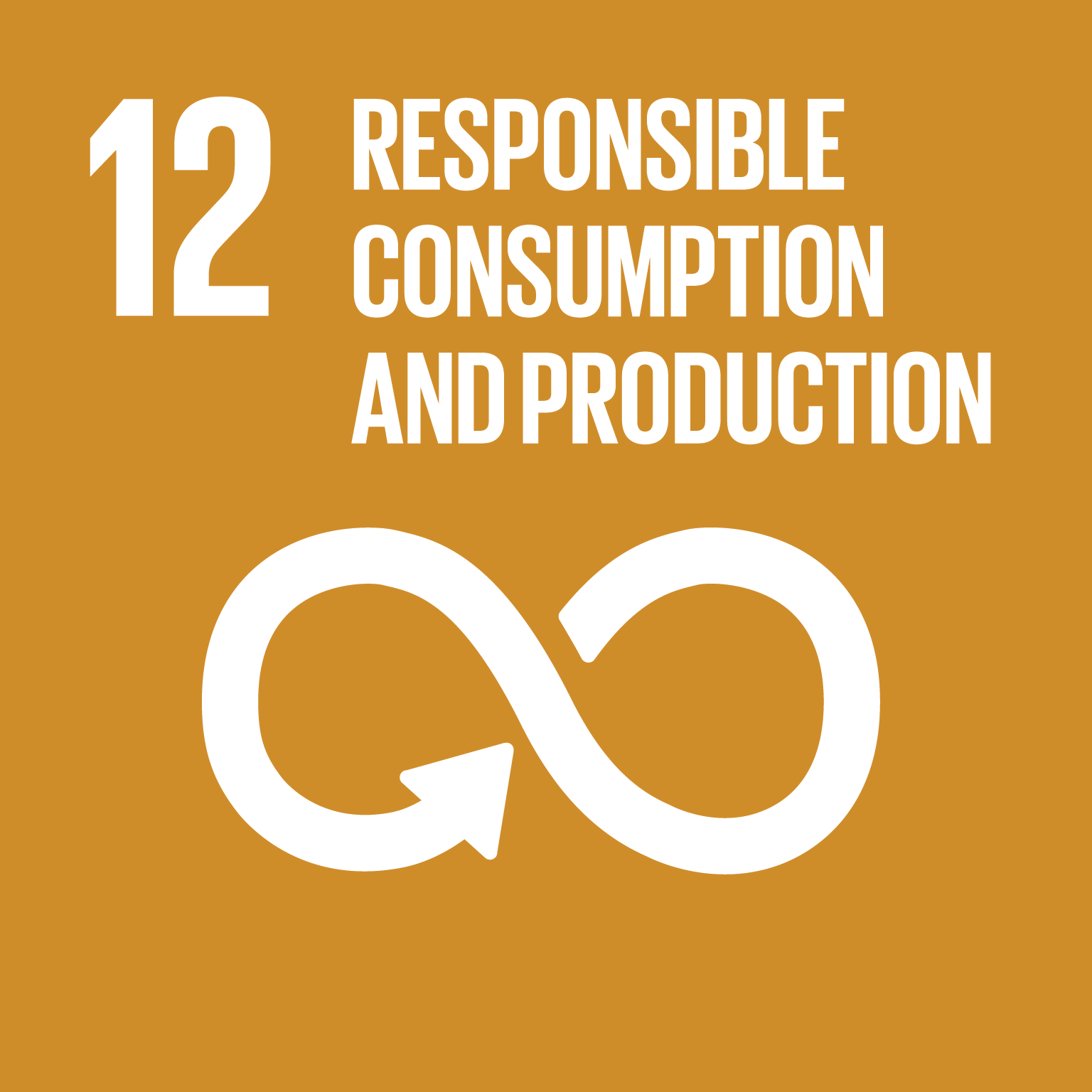
Publication
Transforming our world: A cooperative 2030 Cooperative contributions to SDG 12
20 June 2018
This brief is part of the Transforming our world: A cooperative 2030 series produced by the Committee for the Promotion and Advancement of Cooperatives (COPAC). Through a series of 17 briefs, one for each Sustainable Development Goal (SDG), COPAC hopes to raise awareness about the significant contributions of cooperative enterprises towards achieving the 2030 Agenda in a sustainable, inclusive and responsible way, and encourage continued support for their efforts. This brief focuses on SDG 12 – ensuring sustainable consumption and production patterns.
-

Meeting document
Concept note: Meeting on enhancing cooperative trade for decent work
18 June 2018
-

Publication
Summary report: Cooperatives’ competitiveness potential for trade in SADC countries
14 June 2018
The objectives of the research are to determine what opportunities exist for agricultural cooperatives to export, with what products, and to which markets from which SADC countries. The external constraints to increasing cooperative share of export markets and the ability to be competitive in the SADC, Asia-Pacific Economic Cooperation (APEC) and EU markets have been identified as critical considerations in prioritizing the products, markets and countries.
-
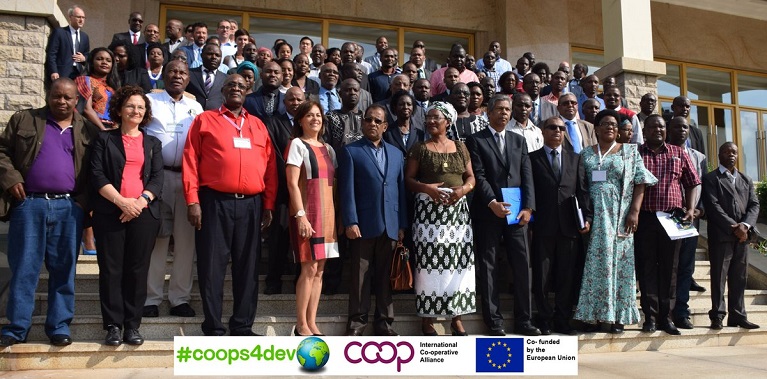
News
ILO participates in the African cooperative development conference
30 May 2018
ILO participated in a conference on advancing African cooperatives’ contributions to the 2030 Agenda with a focus on achieving SDG2.
-
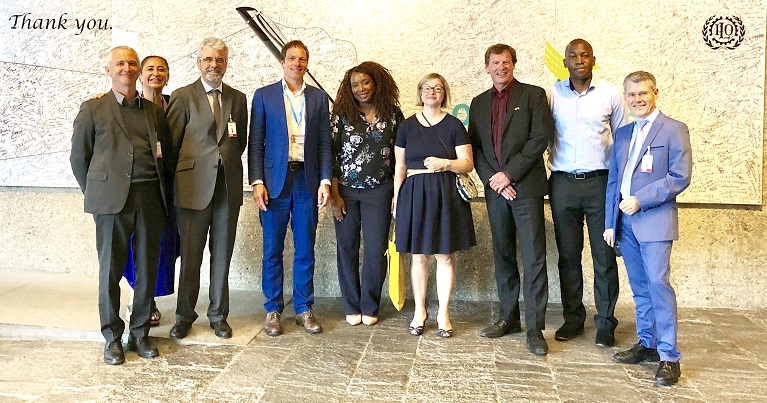
News
ILO hosts partners meeting on cooperative responses to advancing public health
28 May 2018
ILO hosts partners meeting to discuss the next steps on research exploring the potential of cooperatives to advance public health in Cameroon and Kenya.
-
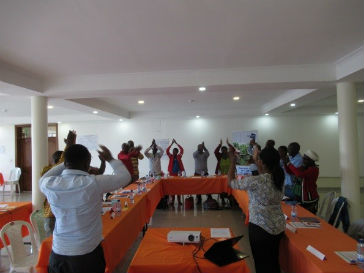
News
My.Coop adapted in Rwanda with sugar cane farmers
23 May 2018
My.Coop – Managing your agricultural cooperative training package gets another adaptation in Rwanda.
-
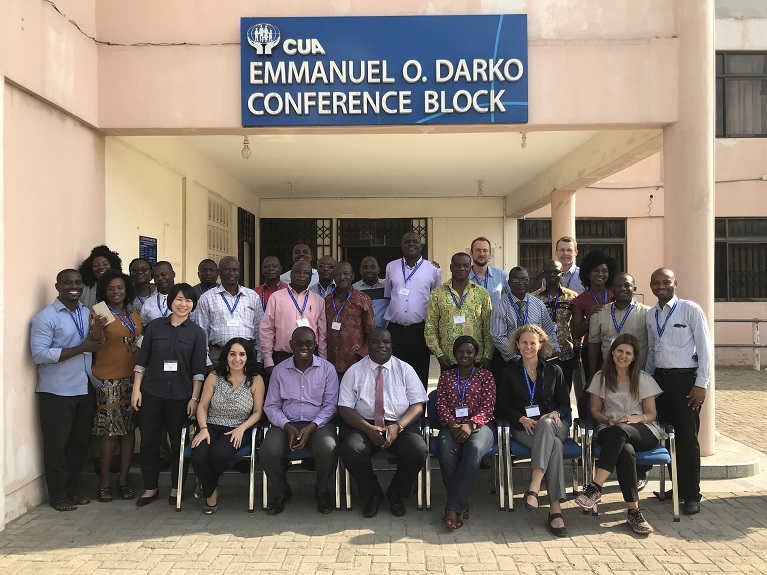
News
ILO supports the revision of the half-century old cooperative bill in Ghana
10 May 2018
The ILO is supporting the revision of the cooperative bill established in 1968 in Ghana.